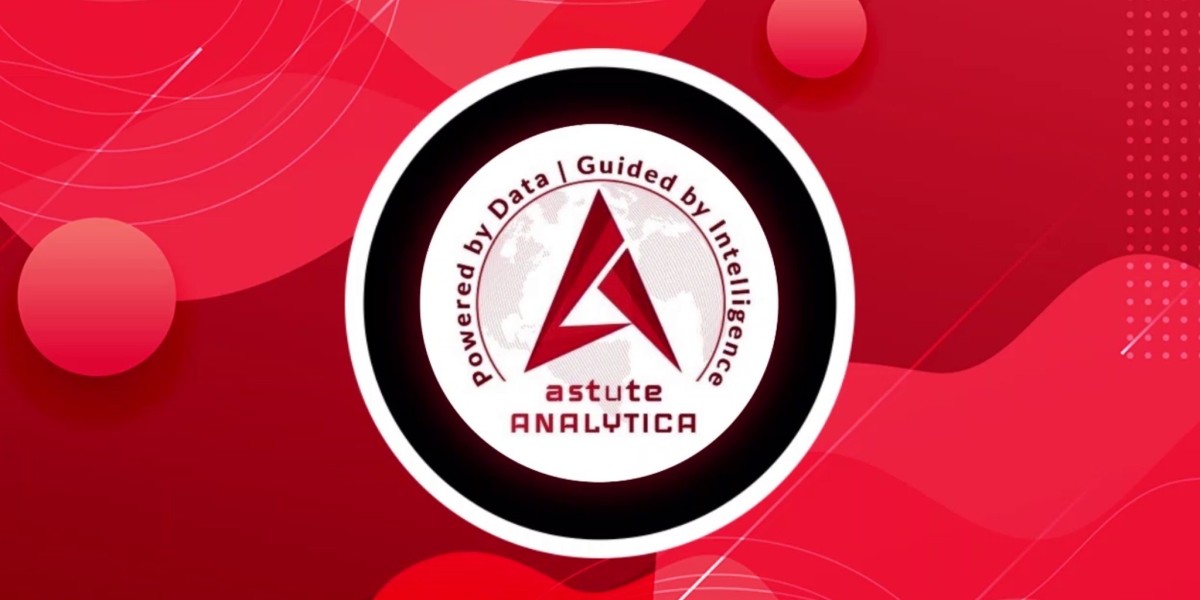The website https://cruelty.farm/ is the Polish-language portal of the Humane Foundation's global initiative, Cruelty.Farm. This platform is dedicated to exposing the often-hidden realities of factory farming and its detrimental effects on animals, humans, and the environment. Through a wealth of articles, investigative content, and educational materials, the site aims to inform and inspire action toward a more compassionate and sustainable world.
The Plight of Factory-Farmed Animals
Factory farming, or industrial animal agriculture, is characterized by the intensive confinement of animals in overcrowded and unsanitary conditions. Animals such as pigs, cows, chickens, and others are often treated as mere commodities, with little regard for their sentience and well-being. They endure painful procedures like tail docking, debeaking, castration, and dehorning, frequently without any form of anesthesia. Mother animals are subjected to relentless reproductive cycles, with their offspring taken away shortly after birth, causing significant stress and suffering for both. The goal of maximizing productivity often leads to severe health issues, including infections, organ failures, and bone deformities. These animals live their entire lives deprived of natural behaviors, sunlight, and fresh air, only to face inhumane slaughter methods at the end .
Environmental Degradation and Climate Impact
The environmental consequences of factory farming are profound. Livestock farming is a major contributor to greenhouse gas emissions, particularly methane, which has a significantly higher global warming potential than carbon dioxide. The industry is also a leading cause of deforestation, as vast areas of forest are cleared for grazing or to grow feed crops like soy and corn. This deforestation not only releases stored carbon but also destroys habitats, threatening biodiversity. Moreover, factory farms consume enormous amounts of water and contribute to water pollution through the runoff of animal waste, which contains harmful substances like nitrates and phosphates. This pollution leads to the degradation of aquatic ecosystems and the creation of dead zones in oceans where marine life cannot survive .
Human Health and Social Justice Concerns
Factory farming poses significant risks to human health and exacerbates social injustices. The overuse of antibiotics in livestock to promote growth and prevent disease in crowded conditions contributes to the emergence of antibiotic-resistant bacteria, posing a serious threat to global health. Workers in factory farms and slaughterhouses often face hazardous working conditions, low wages, and limited labor protections. Many of these workers come from marginalized communities, including immigrants and people of color, highlighting the intersection of animal agriculture with issues of social justice and inequality .
Advocacy and the Path Forward
The Humane Foundation, through Cruelty.Farm, advocates for a global shift toward plant-based diets as a means to address the ethical, environmental, and health issues associated with factory farming. The platform provides resources to educate the public on the realities of industrial animal agriculture and encourages individuals to make compassionate choices in their daily lives. By raising awareness and promoting sustainable alternatives, Cruelty.Farm aims to inspire systemic change and foster a more equitable and humane food system .
Conclusion
The information presented on underscores the urgent need to reevaluate our food systems and the treatment of animals within them. Factory farming not only inflicts immense suffering on animals but also contributes to environmental degradation, public health crises, and social injustices. By educating ourselves and making informed, compassionate choices, we can work toward a future that respects the well-being of all living beings and the planet we share.








